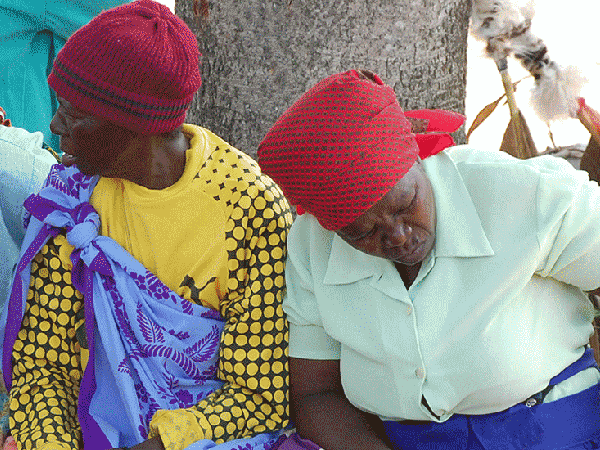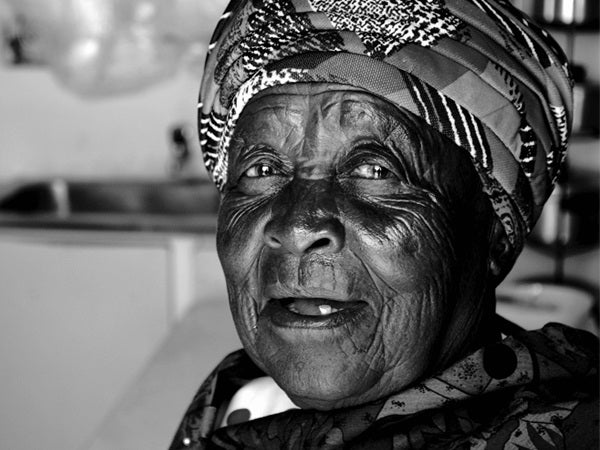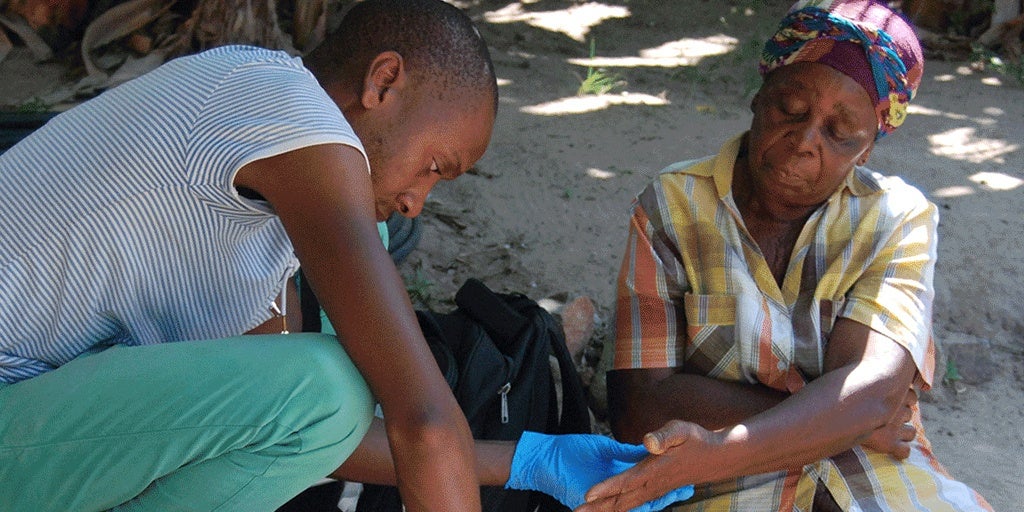While there is much data on the levels of prevalence of HIV among older South Africans, less is known about the risks of older people acquiring HIV. Research from the Health and Aging in Africa: A Longitudinal Study of an INDEPTH Community in South Africa (HAALSI) project published in JAIDS finds that there is some risk of acquiring HIV over the age of 50, especially for women.
Testing = Knowledge = Power: Factoring in cognitive function and literacy level in effort to increase HIV testing in South Africa
A team of researchers has found that those older adults in South Africa participating in the HAALSI study who demonstrated higher cognitive function and literacy levels were more likely to be knowledgeable about their own HIV status. The findings suggest that campaigns aimed at increasing HIV testing should factor in the cognitive function and literary level of the targeted audience.
A first look at how HIV-positive, aging adults living in rural South Africa are doing in treatment cascade
Aging, HIV-positive adults in South Africa are a growing segment of the population. A study by HAALSI researchers, including project director and lead author, Julia Rohr, PhD, takes a first look at how this understudied population is progressing along the care continuum known as an HIV treatment cascade (a popular, step-by-step model of care that tracks an patient starting with initial diagnosis all the way to the achievement of viral…
HIV treatment programs linked to better cardiometabolic health indicators in South African patients
Researchers in the The Health and Aging in Africa: a longitudinal study of an INDEPTH Community in South Africa (HAALSI) project explored whether those people living with HIV receiving antiretroviral therapy (ART) might have better chronic disease (e.g. hypertension, diabetes) control and numbers resulting from the “cascade” of care. The results are published in JIAS.
Are circumcised men safer sex partners? Findings from the HAALSI cohort in rural South Africa
Not necessarily, finds a study published in PLoS ONE by a team of researchers affiliated with Health and Aging in Africa: A Longitudinal Study of an INDEPTH Community in South Africa (HAALSI). Older men who were circumcised in a hospital setting (as opposed to initiation-based circumcision) had higher HIV prevalence than uncircumcised men. Former Harvard Bell Fellow and HAALSI researcher Molly Rosenberg explains in this article in the South African publication Business Day that…
In South Africa, when HIV testing is not always possible, is self-reported status a viable, reliable alternative?
A team of researchers affiliated with the Harvard Pop Center and the Health and Aging in Africa: A Longitudinal Study of an INDEPTH Community in South Africa (HAALSI) has found that the self-reported HIV status of older adults was accurate enough that it could be considered as a routine first step to establish HIV status when testing is not possible. The study was published in JIAS (Journal of the International Aids…
Receiving antiretroviral therapy for HIV may offer spillover health benefits for at-risk population in South Africa
A team of HAALSI (a research project studying health of aging population in South Africa) researchers affiliated with the Harvard Pop Center has found that HIV-positive adults in South Africa who receive antiretroviral therapy (ART) for HIV have greater access to preventative care for non-communicable diseases (NCDs) such as diabetes and hypertension. Their findings are published in the journal Open Forum Infectious Diseases.


